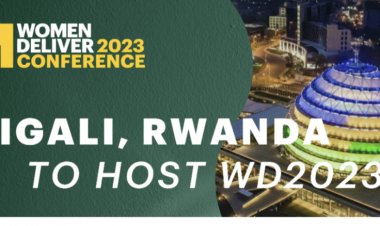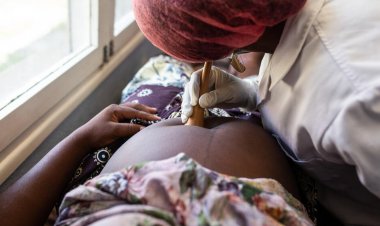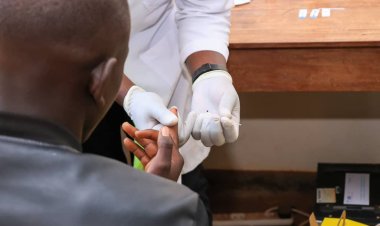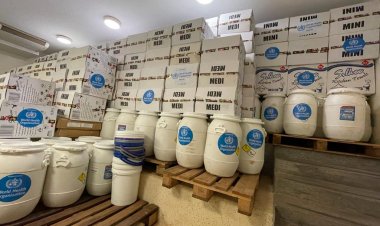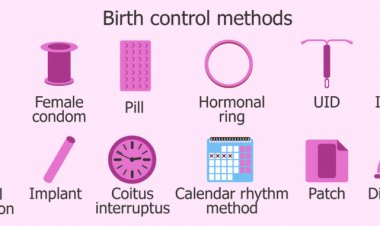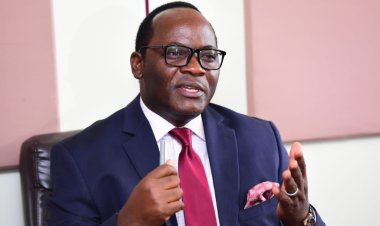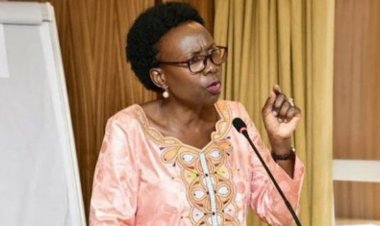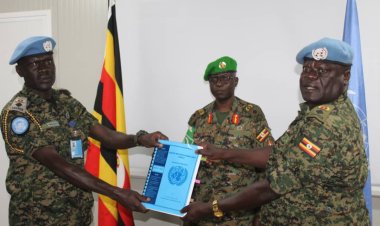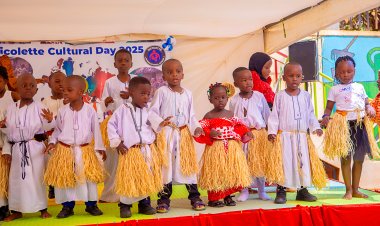Uganda To Commemorate World Cancer Month with Calls to Close Care Gap
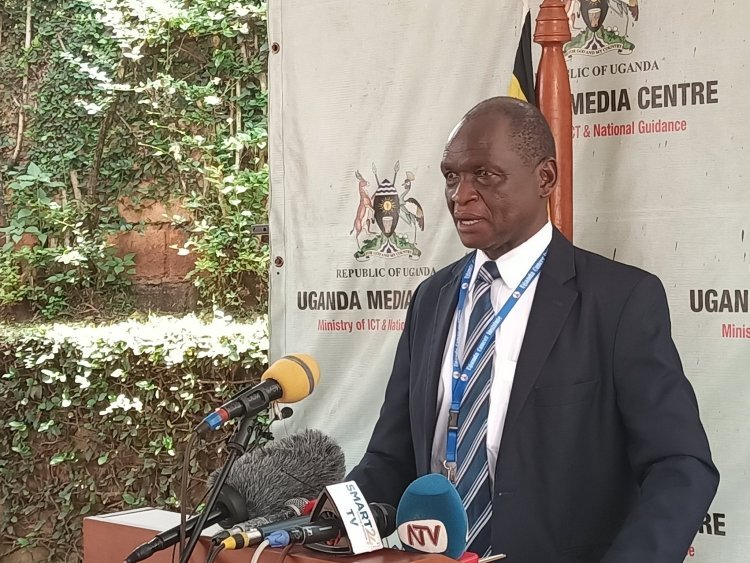
Uganda is actively participating in the global commemoration of World Cancer Month, led by the Uganda Cancer Institute in conjunction with civil society organizations operating under the Uganda Cancer Society umbrella. The theme for this year's observance is "Close the Care Gap," urging stakeholders to expand care and treatment accessibility and bolster ongoing interventions.
During this significant month, two pivotal days are marked: World Cancer Day on February 4th and International Childhood Cancer Day on February 15th. These occasions serve as crucial moments to assess achievements, identify existing gaps, and commit to further action.
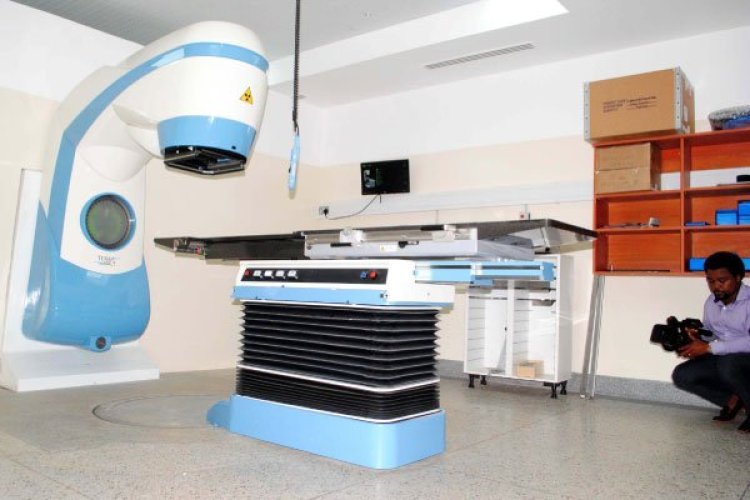
A cancer radiotherapy machine installed at the Uganda Cancer institute in Mulago. Photo/Courtesy.
Current Cancer Landscape in Uganda
Globally, the burden of cancer is rising, with approximately 56% of all new cancer cases and 70% of cancer-related deaths occurring in Low- and Middle-Income Countries (LMICs). Uganda, facing its own challenges, registers an estimated 34,005 new cancer cases annually, according to GLOBOCAN 2020 data. Unfortunately, only about 20% of these cases (7400 in 2021) receive care at the Uganda Cancer Institute, leaving over 27,000 Ugandans without access to vital cancer services.
Dr. Jackson Orem, the Director of the Uganda Cancer Institute during a press briefing at Uganda media centre noted that the government is investing and expanding access to high quality cancer care. He stated,
"The Government of Uganda, through the Uganda Cancer Institute, is investing in expanding access to high-quality cancer care. Efforts include increasing bed capacity to 350 beds at the Uganda Cancer Institute – Mulago Campus and acquiring advanced equipment such as high-end Linear Accelerators for radiotherapy and a Single Photon Emission Computed Tomography (SPECT) Scan for the upcoming nuclear medicine facility."
He added that, "With support from the African Development Bank, the Uganda Cancer Institute is establishing a multipurpose research and training facility, featuring a 3T MRI and bone marrow transplant facilities, among other amenities. The government is also decentralizing cancer care by establishing regional cancer centers in Arua, Gulu, Mbale, and Mbarara, aiming to improve access to cancer care services from 20% to 85% by 2025/26."
Civil Society's Role in Cancer Care
The Uganda Cancer Society, representing over 45 civil society organizations, plays a crucial role in bridging the care gap for cancer patients. Their initiatives focus on raising awareness about cancer prevention, early detection, and dispelling myths and misconceptions surrounding the disease.
Through extensive awareness campaigns and community outreach programs, the society ensures that essential information reaches all corners of the nation, particularly underserved populations.
Orem also notes that, "Uganda Cancer Society provides comprehensive support services to cancer patients and their families, including counseling, accommodation, meals, transportation assistance, and palliative care."
"The society also conducts research to inform interventions and advocates for policy changes to enhance cancer care, collaborating with government agencies, NGOs, and international partners to strengthen healthcare infrastructure and build healthcare professionals' capacity in cancer diagnosis, treatment, and palliative care."









